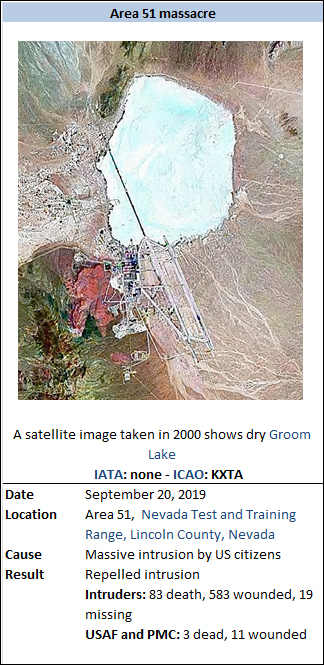Another post from my Führerreich to the present TL. With @Erinthecute's help, I have made the 2019 German election for this TL



Another post from my Führerreich to the present TL. With @Erinthecute's help, I have made the 2019 German election for this TL

Yeah. They weren't quite as brutal as OTL Nazis, but they were still around as bad as OTL Milosevic, so they got bannedIs Valkism and use of Valkist symbolism banned in this TL Germany like Nazism is in our TL Germany?
I just make them in MS paint and use the bucket fill icon. The Canada one only took me a few hours.
Yeah, just find the thing that says "{{Party name/meta/color}}" and replace it (including the brackets) with a color hex value (including the #)Huh. There has to be some way to edit it in wikipedia.
Does anybody know how to change the colors for "list of PMs/Presidents" in wikipedia?
Yeah, just find the thing that says "{{Party name/meta/color}}" and replace it (including the brackets) with a color hex value (including the #)
I know it was a joke and all, but I know someone who bought plane tickets to Nevada to storm Area 51.I couldn't resist

I know it was a joke and all, but I know someone who bought plane tickets to Nevada to storm Area 51.
The not not fun part is that in fact real people are really thinking about doing this.I know it was a joke and all, but I know someone who bought plane tickets to Nevada to storm Area 51.
Say what now?Campbell's declaration of herself as Queen of the Canadian Empire was poorly received, so there was a civil war over it where she relented on the idea of being queen.
This is particularly awesome because I’m actually descended from the Comptons. Somewhere along the line we ended up in some holler in West Virginia, so this timeline seems to have worked better for usThis is starting to become relatively easy for me, so expect more in the future, some of which may or may not be Stuart related.
View attachment 474505
That is assuming you still exist ITTL.This is particularly awesome because I’m actually descended from the Comptons. Somewhere along the line we ended up in some holler in West Virginia, so this timeline seems to have worked better for us

Thurmond abandoned his white supremacist views in the 80s, so more like just "centenarian". I'm curious to know the context behind McCain and Specter switching parties, though.Vote on the Impeachment of President North
House: 275 - 160
Senate: 72 - 28 (Warner, Snowe, Collins, and Lugar vote to convict)
The impeachment of President North was quite the opposite to that of President Clinton in 1999; both houses easily voted to convict the president for his numerous high crimes and misdemeanors. The public could not stand the brutality of seeing Korean children burning alive from our cruel bombs. The American people demanded that the Congress make an example of the Republicans, who seemed to endorse and encourage North’s erratic behavior until it went overboard. In his true fashion, former President North had to be forced out of the Blair House by the Secret Service; perhaps trying to outdo putting $10 million into the wrong Swiss bank account for his most embarrassing moment.
After the chaos of a daddy’s boy, a centenarian white supremacist, and a felon, the 46th President was supposed to mark a return to normalcy. After all, quite a few good ol’ Dixiecrats voted to impeach because Zell Miller was “one of us.” The primary issue Miller faced upon taking office was that neither party really knew whether he was a Democrat or a Republican. It seemed to change depending on how popular he was on the given day. Miller viewed himself as being in the mold of John F. Kennedy, yet he had stood behind Oliver North throughout the 2000s and backed the religious right’s agenda. By the first few weeks of his term, the Democrats had largely abandoned the president who they saw as a possible ally. Regardless of what party the people saw him as, Miller was a lame duck refusing to run for re-election.

Thurmond may have acquiesced to the end of segregation, but he never explicitly repudiated his racist views.Thurmond abandoned his white supremacist views in the 80s, so more like just "centenarian". I'm curious to know the context behind McCain and Specter switching parties, though.

